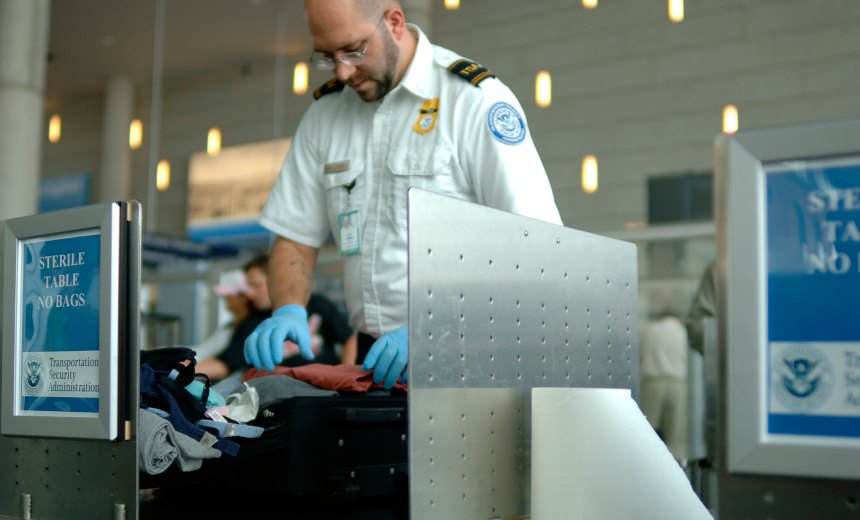TSA Official Details How Agency Aims to Implement AI Systems Across Operations

The Transportation Security Administration plans to integrate artificial intelligence systems across its operations for enhanced passenger screening and threat detection processes, a top official said Tuesday.
See Also: Live Webinar | Cutting Through the Hype: What Software Companies Really Need from ASPM
Kristin Ruiz, deputy CIO of the TSA, outlined a future of U.S. travel “underpinned by AI advancements” during a keynote speech at the inaugural GovAI Summit in Arlington, Virginia, detailing how the agency can use emerging technologies to improve travel experiences for millions of Americans annually.
“TSA is just beginning to consider the potential uses in the world of AI,” Ruiz said. Next-generation AI systems will serve as “the central nervous system for modern enterprise architecture, leveraging robust cloud-computing to deliver scalable and responsive information to TSA operations.” The opportunities are seemingly endless, she suggested, from refining baggage scanning with advanced image recognition capabilities to improving training with generative AI and advanced simulation technologies.
Last year, TSA released an identity management road map aimed at bolstering the agency’s identity management ecosystem while improving security effectiveness and operational efficiency. The guidance said that “technology like digital identity, artificial intelligence, machine learning and blockchain present new possibilities for efficient and effective IDM solutions.” The road map also directed TSA to collaborate with the private sector and explore how automation can improve vetting processes and data collection capabilities.
TSA has already begun to use AI systems to enhance its screening processes at U.S. airports. The agency uses facial recognition technologies and machine learning object detection and image classification to detect prohibited items, according to the Department of Homeland Security.
Ruiz explained several use cases for AI that can further help reduce redundancies for TSA agents and provide a more seamless experience for travelers, such as pre-processed baggage scans for foreign visitors with connecting flights and streamlined identification processes that allow for more rapid, contactless verification methods.
“The benefit [of AI] is that the technology would streamline the verification process, improve the accuracy of identity management and significantly enhance security by reducing identity fraud and offering a seamless and contactless experience for customers,” Ruiz said.
“Embracing AI ensures that travel security doesn’t just keep pace with changes – it defines it,” she added.
